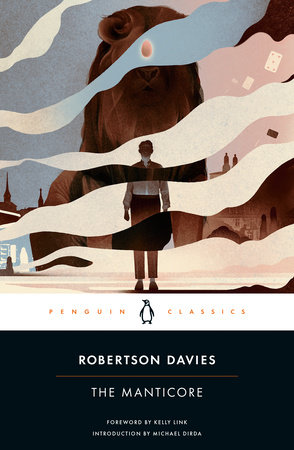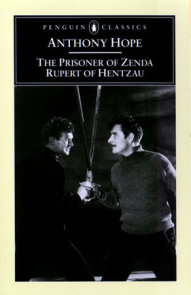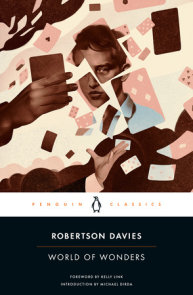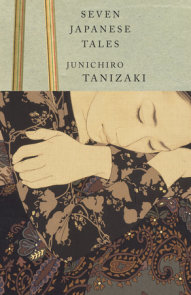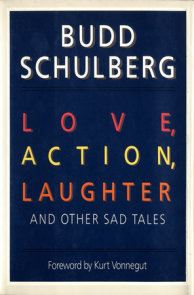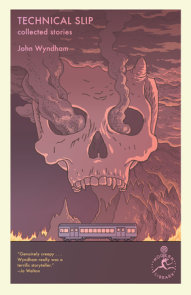READERS GUIDE
Questions and Topics for Discussion
INTRODUCTION
One of the most ambitious works of fiction of the twentieth century, Robertson Davies’s Deptford Trilogy reaches from rural Canada to the Swiss Alps and introduces a cast of characters as varied and fascinating as any in recent literature. It is a work of towering intellect, exploring ideas of good and evil, history and identity, truth and illusion, art and mysticism, and much more. But at the center of each of the three novels—Fifth Business, The Manticore, and World of Wonders—is a theme that connects the trilogy’s many intertwining stories: the need to recover a genuine experience of the marvelous, a sense of wonder, in a world from which it has been all but banished.
Each of the main characters in the three novels—Dunstan Ramsay, David Staunton, and Magnus Eisengrim—narrates his life story. And in the course of each of these interrelated stories, we find a common desire for a mythical or magical world that exists within the confines of ordinary, rationalist, desacralized modern society. In Fifth Business, Dunstan Ramsay, history teacher and hagiographer, finds access to the marvelous through his study of saints and their miracles. He delights in “pointing out the mythical elements that seem to . . . underlie our apparently ordinary lives” (Fifth Business, p. 38), and feels certain that Mrs. Dempster, the mother of Paul Dempster (aka Magnus Eisengrim), whom others consider morally degenerate and mentally deficient, is in fact a saint. David Staunton, a highly successful criminal lawyer, embodies a thoroughly rationalist belief system. As a law student he takes his teacher’s advice and puts his “emotions in cold storage.” He eliminates from himself all the messy feelings that so often get his clients into trouble. Nevertheless, after his father’s sudden and mysterious death, he undergoes Jungian analysis—and a perilous descent to the underworld—to reconnect both with his emotions and with humanity’s mythic past. The trilogy’s most enigmatic character, the magician Magnus Eisengrim, both enacts and elicits a sense of wonder, as he satisfies “a hunger that almost everybody has for marvels” (The Manticore, p. 242). Indeed, Magnus’s greatest work of magic is his own self-transformation, from a shy, abused, and outcast boy growing up in a small Canadian village to the greatest magician in the world. He is an exemplar of what his friend and manager Lisel calls the “Magian World View,” which prevailed in the Middle Ages and which is based on a “sense of the unfathomable wonder of the invisible world that existed side by side with a hard recognition of the roughness and cruelty and day-to-day demands of the tangible world” (World of Wonders, p. 293).
Around this central theme, Robertson Davies spins a story, or rather a multitude of stories, that illuminate the human condition with uncommon brilliance. The novels themselves, written with extraordinary wit, charm, and intelligence, are wonders to behold. In this sense, Davies not only points his readers to a world of marvels and mysteries, he gives us one.
ABOUT ROBERTSON DAVIES
Robertson Davies (1913–1995) had three successive careers during the time he became an internationally acclaimed author: actor, publisher, and, finally, professor at the University of Toronto. The author of twelve novels and several volumes of essays and plays, he was the first Canadian to be inducted into the American Academy of Arts and Letters.
QUESTIONS FOR DISCUSSION: The Manticore







